Most Popular
Out of the Shadows
-
1
A defense attorney's perspective on Korea's real drug challenges
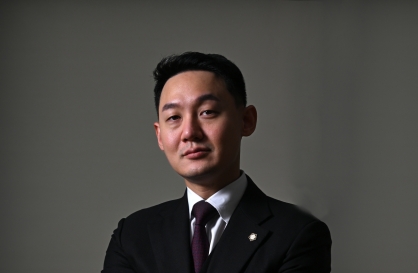
-
2
Body heat scanners help hunt for drugs at airport
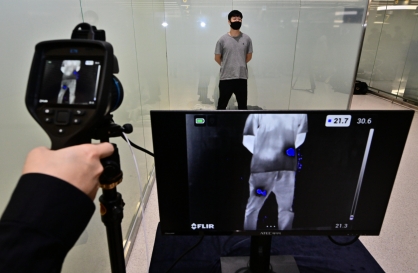
-
3
Enemy within: Illegal drug cases rare but rising in barracks
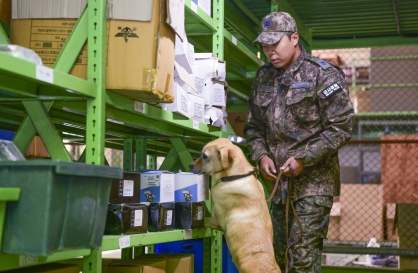
-
4
Surviving drug addiction: Peers from Korea, Japan share their stories
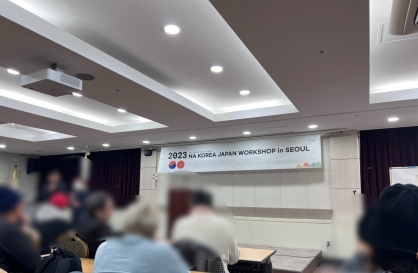
-
5
Tell the truth: Advanced drug education needed to curb teen exposure, experts say
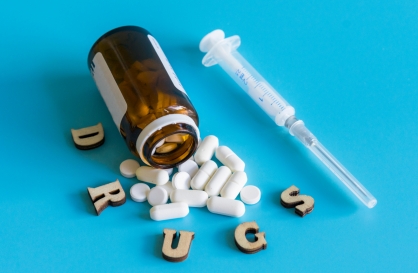
[Out of the Shadows] Chun Woo-won, superrich Koreans in US, and drugs
Korean students in US say Chun’s claims lay rich kids’ habitual drug use bare, but they doubt justice will be served
By Park Jun-heePublished : April 2, 2023 - 15:08
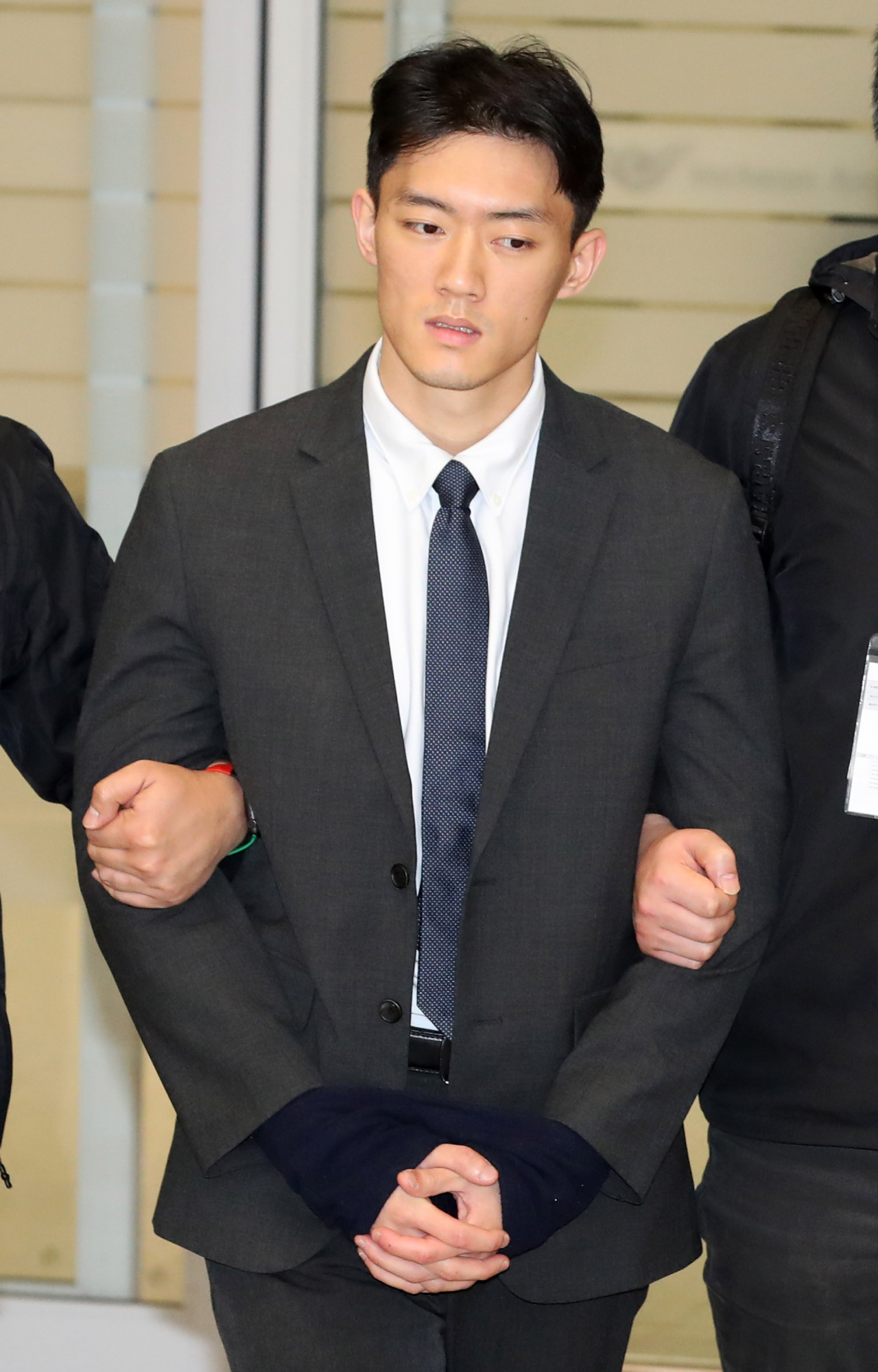
The Korea Herald is running a series of feature stories and interviews on the evolution and rise of drug crimes, insufficient support systems and young addicts’ stories in South Korea. This is the fifth installment. -- Ed.
When reading news reports on Chun Woo-won, the grandson of former South Korean President Chun Doo-hwan, and his claims of drug use by several NYU Stern School of Business graduates, Kim Haram, a 21-year-old in New York felt a sense of relief.
Kim said Chun was exposing the reality of “the world’s 1 percent,” explaining that she also has seen plenty of privileged students in New York and Los Angeles with easy access to marijuana later turn to cocaine and LSD.
She felt a sense of liberation because someone was finally able to talk about the things that had been kept hidden.
Chun, a 27-year-old accountant based in New York, not only accused his own family of living off his grandfather's slush funds and confessed to his own drug use, but also alleged that his acquaintances from affluent families had used and sold illegal drugs in the US.
“All of (Woo-won’s) claims are true. Students, especially those in NYU, are in fear because they might be the ones making headlines next time,” she said.
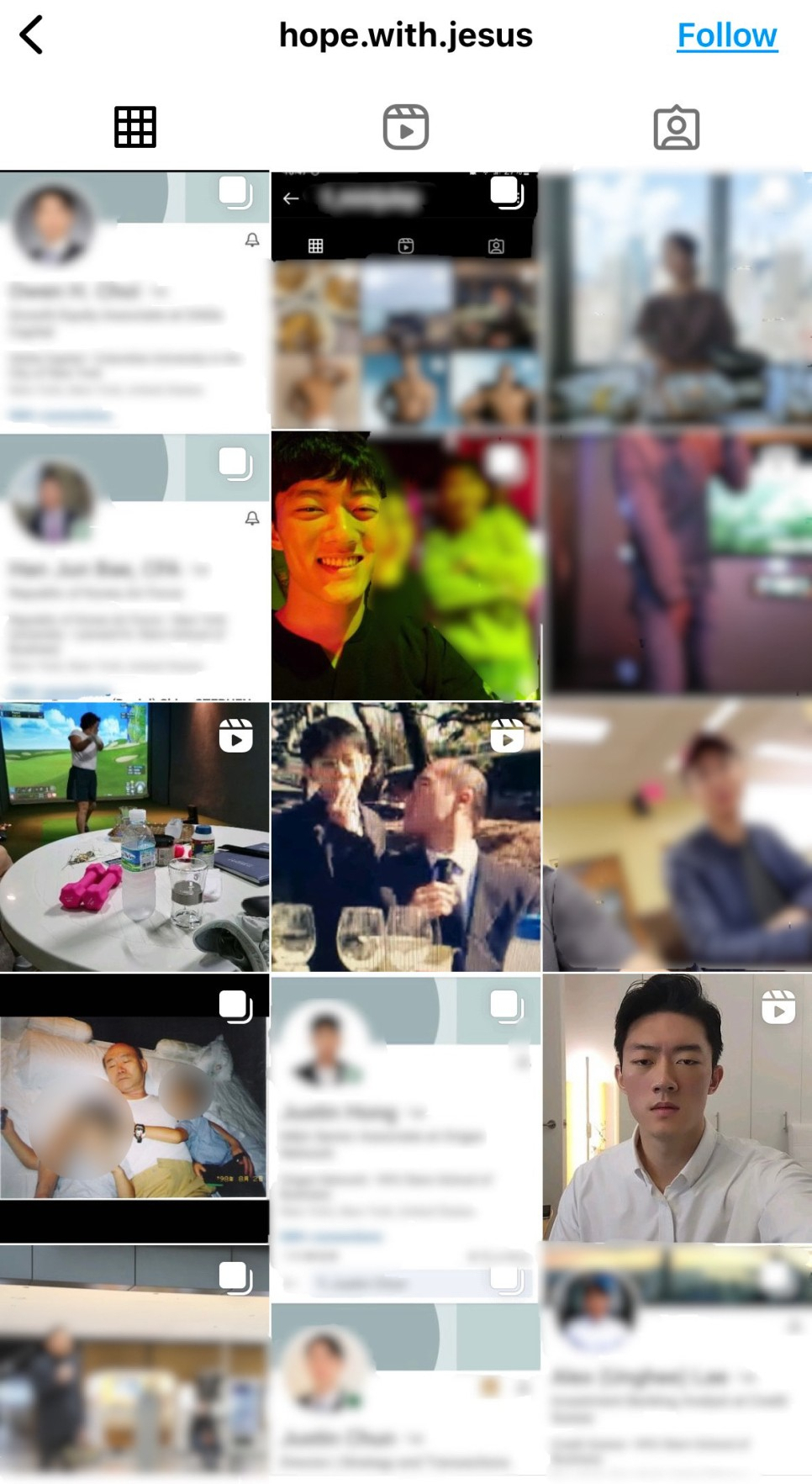
Silver spoons
Following Chun’s confessions, the South Korean military said they have started to look into two of his acquaintances -- reportedly lieutenants in the South Korean Air Force -- to see if they had used drugs in the army.
Illegal drug use among the exclusive circle of rich families in South Korea is not new. In 2019, for example, US-educated grandsons of the founders of SK and Hyundai Group made headlines on charges of purchasing banned substances.
In January, South Korean prosecutors said they had indicted 17 people on charges of drug distribution, including six members of Korean chaebol families, including those running Namyang Dairy Products and chemical-to-machinery conglomerate Hyosung. According to reports, they met while studying abroad.
Apart from being out of touch, US-educated students say affluent students are able to use drugs because they have “no spending limit.”
Cocaine and LSD were most-sought-after drugs among wealthy students in the early 2000s, especially those who studied in California, according to Choi, a 30-something man who only wished to be identified by his surname.
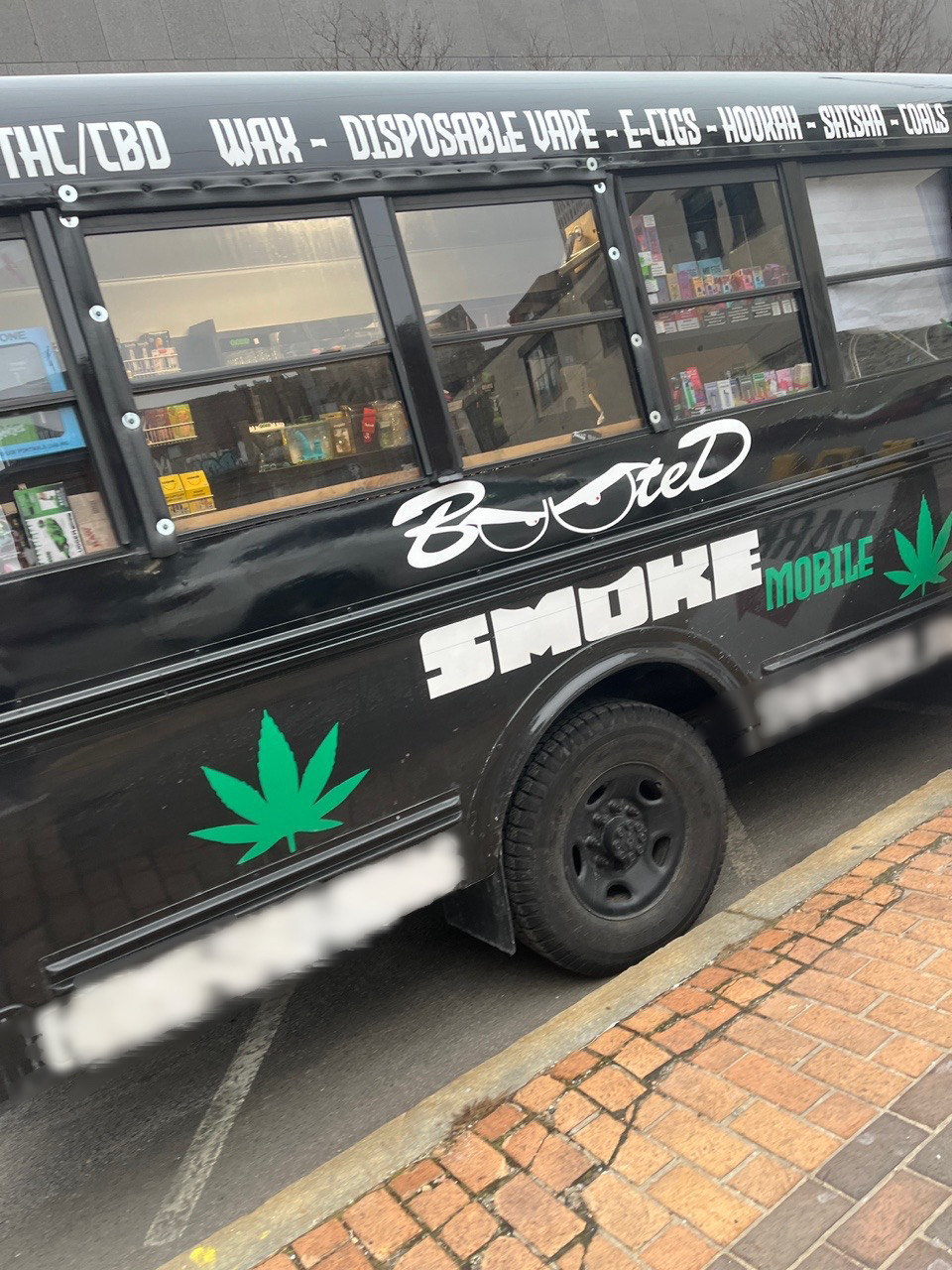
According to Choi, Korean students were paying around $550 for 100 grams of marijuana, while cocaine was around $1,000 for 10 grams. Cocaine was costly compared to cannabis, so students with more money were more likely to use it, Choi added.
Christopher Lee, a 24-year-old student studying medicine, said rich Korean students had a reputation among dealers as “easy targets.”
“Rich students have money but don’t know street values. Dealers charge an insane amount of money, but they still buy (the drugs),” Lee said.
Initially, dealers test them by charging slightly more than market value, Lee said. But if they become addicted dealers push the price up further, and their spending power means they pay anyway.
Slipping through the net
To minimize risks of getting caught, they form cohorts and purchase drugs through friends and generally do not take them in public places.
At times, they head to private VIP rooms at clubs and invite rappers from famous hip-hop labels, where they enjoy specialized services and keep themselves out of the public eye.
“Clubs rich students go to are places that are targeted at them. It’s not costly compared to Korean clubs, and they can do drugs from the evening until clubs close at 4 a.m.,” Na, a 25-year-old student in New York who wished to be identified by her surname.
“Also, students tend to stop taking drugs for a good three months to land a job and return to it after they get in, making it harder to track their use,” Na added, explaining how cleverly they take drugs to avoid authorities’ radar.
Typically, drugs like cocaine and marijuana are detectable for up to 90 days in the hair, although it may vary depending on the method, frequency and volume of drugs taken.
South Korea’s Consulate General in New York declined to comment on a possible rise in drug use among Korean students.
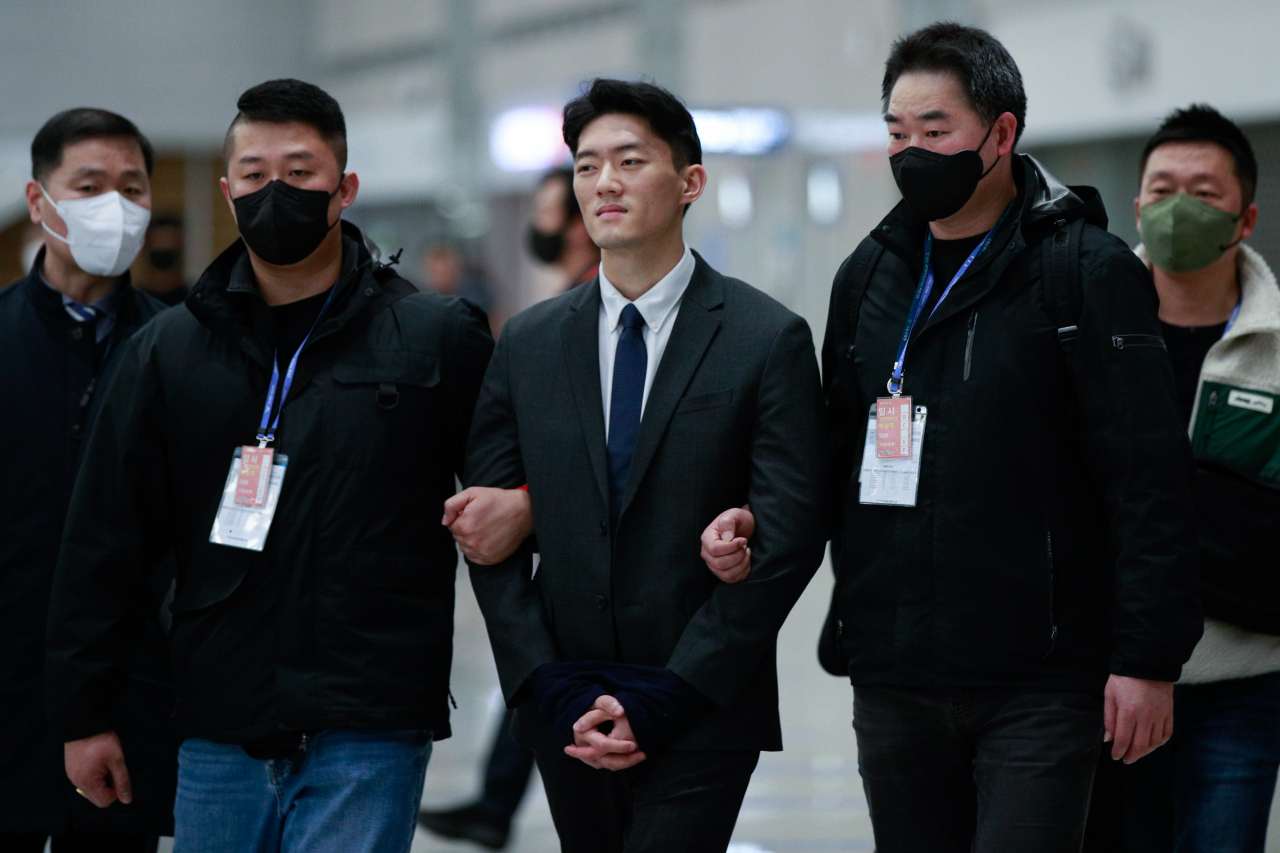
A 24-year-old who studied in the US who wished only to be known by his family name, Song, told The Korea Herald that they did not view their own drug use as a problem.
“Just like we binge drink with friends during weekends, it’s cocaine and LSD for them. Those students have gone stretches where they’ve been sober, but they quickly get high again,” he said.
“The rich can (take drugs) and still be innocent in their definition of law,” he said. “It’s a shame that US-educated students’ reputation has been tarnished due to them, but most of the students have nothing to do with drugs.”
Since the Korean community is small, people tend to hush up drug issues because whistleblowing would destroy friendships. Moreover, they don't think Korean authorities have any chance of acquiring enough evidence for an indictment.
Although the prosecution and police have established an investigation team to clamp down on drug offenses, experts also say it’s unlikely that wealthy Koreans studying overseas will be arrested.
“It’s hard to arrest them because their parents are from the highest socioeconomic groups in Korea. Drugs are a troubling trend among the rich that has to be stopped at one point,” said Yoon Heung-hee, a professor at Hansung University’s drug and alcohol addiction department and a former police officer who worked in narcotics for over 30 years.
Yoon said some even dare to smuggle in small quantities of edible marijuana, cocaine or LSD during holidays. “They know their parents will help them out.”







![[KH Explains] How should Korea adjust its trade defenses against Chinese EVs?](http://res.heraldm.com/phpwas/restmb_idxmake.php?idx=644&simg=/content/image/2024/04/15/20240415050562_0.jpg&u=20240415144419)
















![[Today’s K-pop] Stray Kids to return soon: report](http://res.heraldm.com/phpwas/restmb_idxmake.php?idx=642&simg=/content/image/2024/04/16/20240416050713_0.jpg&u=)